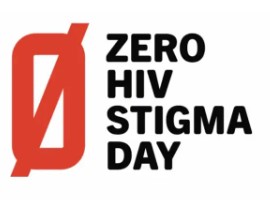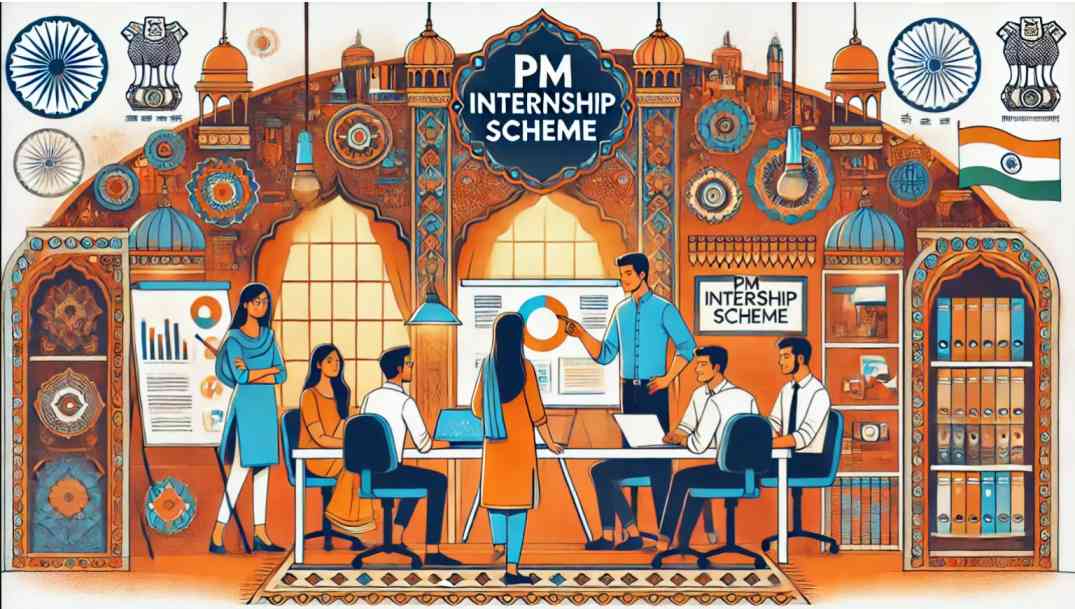
July 21st marks Zero HIV Stigma Day, spearheading a movement and uniting people, communities, organizations, and entire countries to raise awareness and take action against HIV stigma, which reinforces and amplifies the HIV pandemic and related inequalities. While occasions such as World AIDS Day bring needed awareness to HIV in general, there has never been a global awareness day specifically to challenge the impact of stigma, which persists despite biomedical advancements in HIV prevention and care.
Zero HIV Stigma Day is a joint initiative of NAZExit Disclaimer and IAPAC,Exit Disclaimer in collaboration with the Global HIV Collaborative and Fast-Track Cities Institute. HIV stigma refers to irrational or negative attitudes, behaviors, and judgments towards people living with or at risk of HIV.
This day represents a movement to unite people, communities, and countries to help raise awareness about HIV stigma and learn about ways to help stop it. This observance is also in honor of Prudence Mabele, the first Black South African woman to publicly share her HIV status.
This year’s theme, “Human First”, emphasizes the human first dimension of people living with and affected by HIV. The theme also recognizes the 75th anniversary of the Universal Declaration of Human Rights.
Zero HIV Stigma Day Resources
Read more about HIV stigma and how you can stand up to HIV-related stigma here. Additional resources through The Center for HIV Law and Policy can be found hereExit Disclaimer
The Human Rights Campaign officially declared a state of emergency for LGBTQI+ Americans. You can read more here.Exit Disclaimer
Let’s Stop HIV Together provides additional support here so you know what to do when you witness HIV stigma.You can access IAPAC’s toolkit hereExit Disclaimer, which includes infographics, logos, sample social media posts, and other useful information.
PACHA recently passed a resolution, “From Vision to Reality: A Call to End HIV Stigma”, which defines HIV stigma and discusses the harms that it causes. Read the full resolution hereExit Disclaimer. Stay tuned for a blog post to learn more about PACHA’s stigma-related activities.










